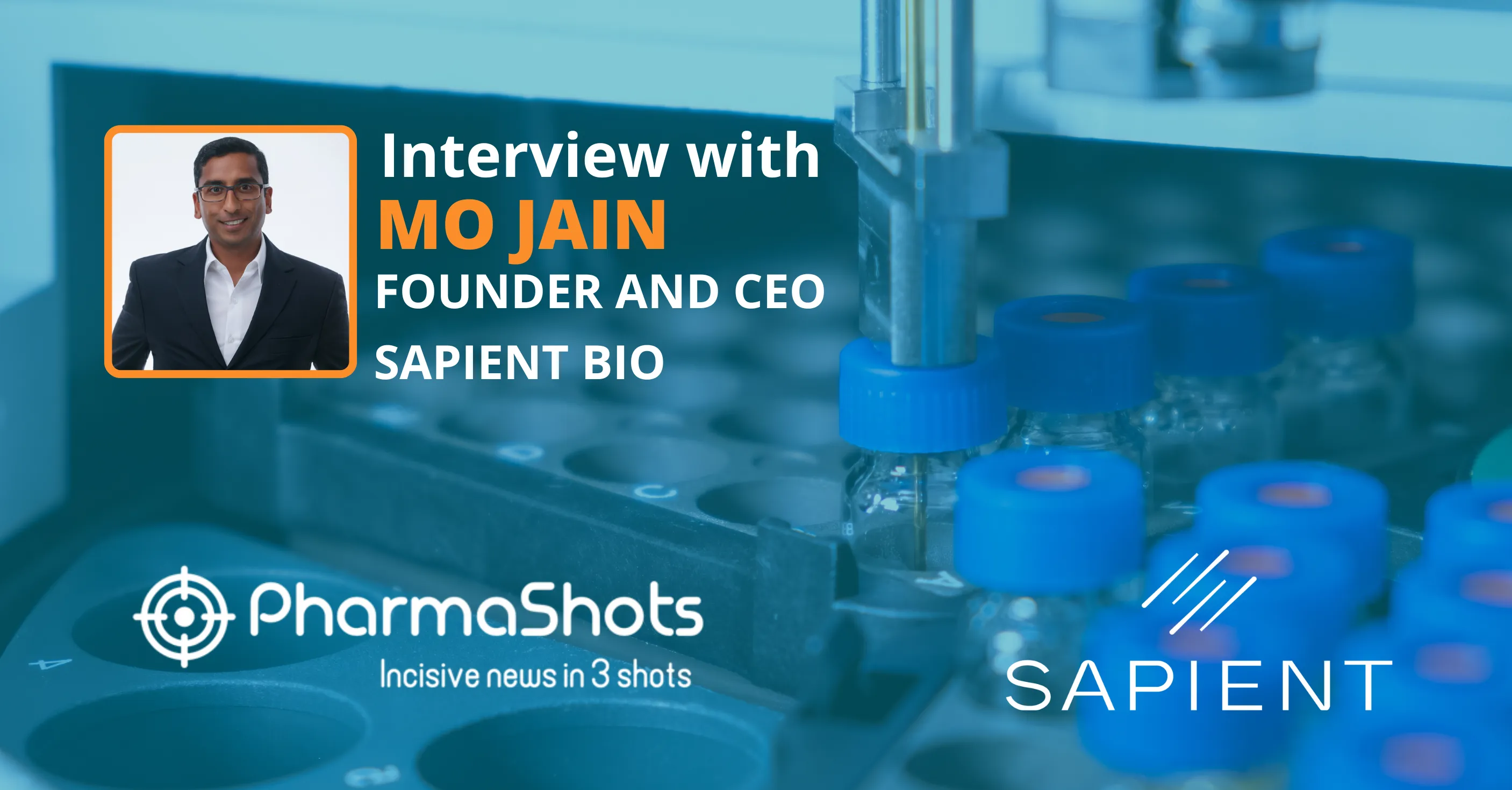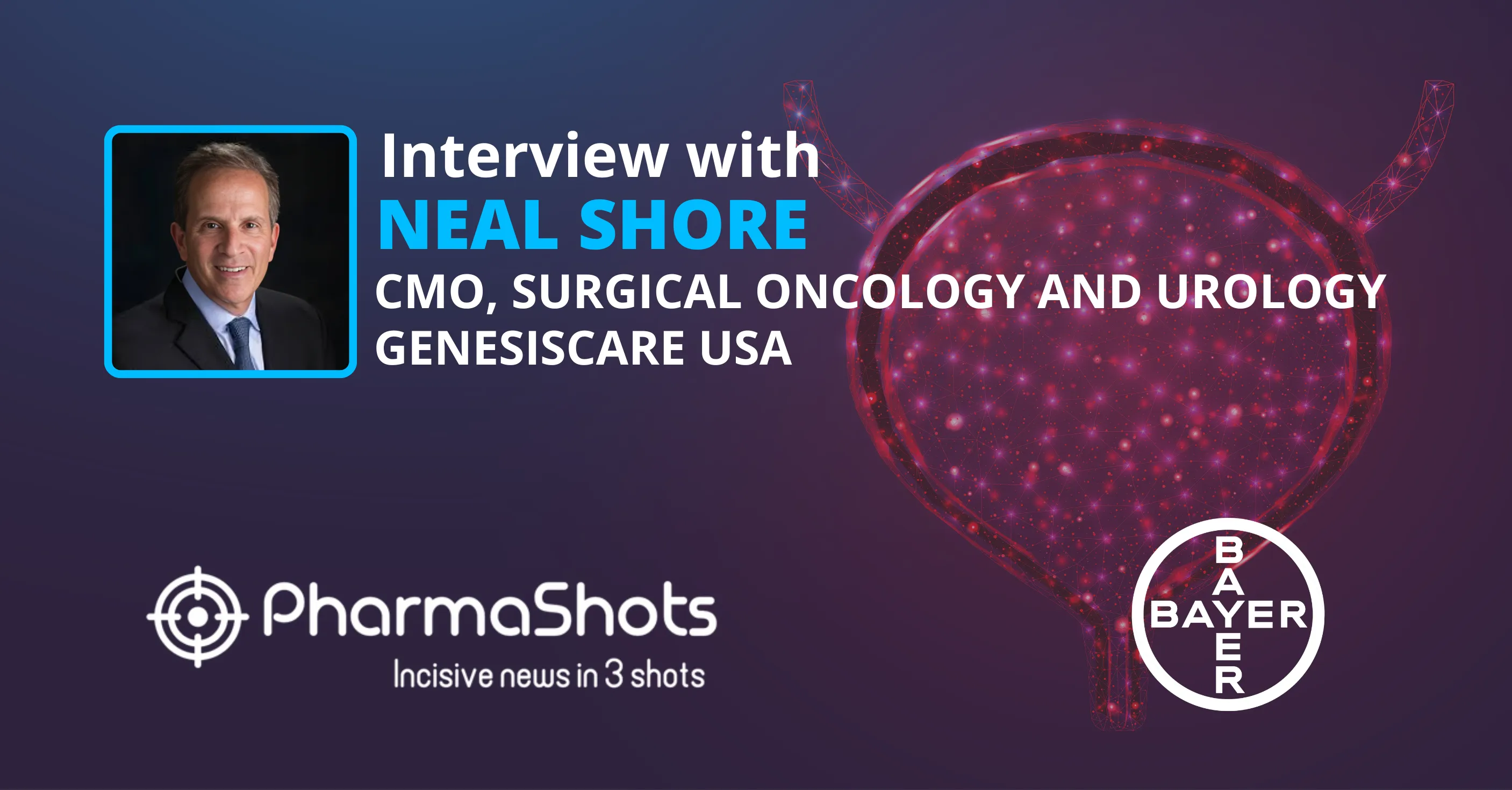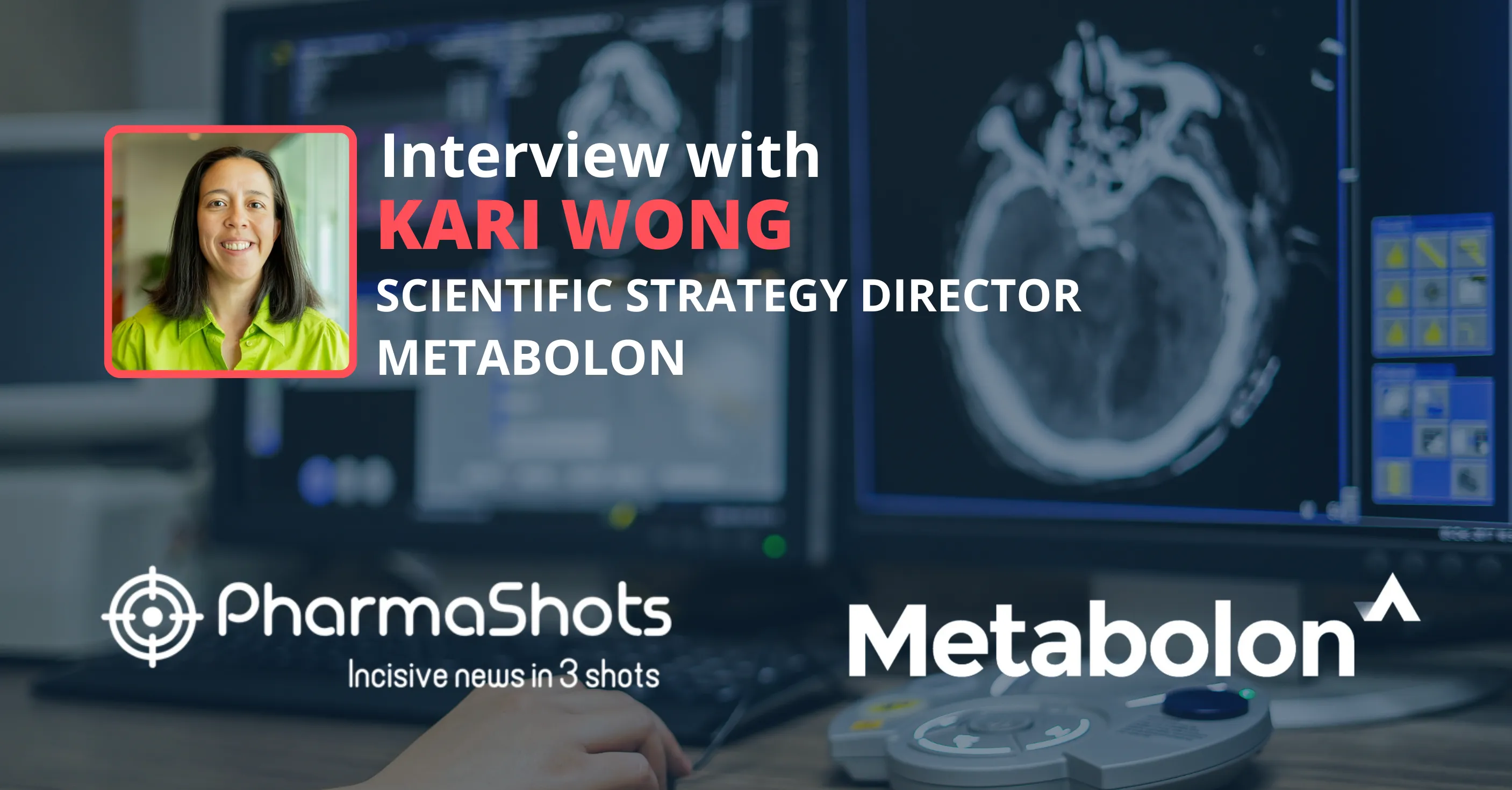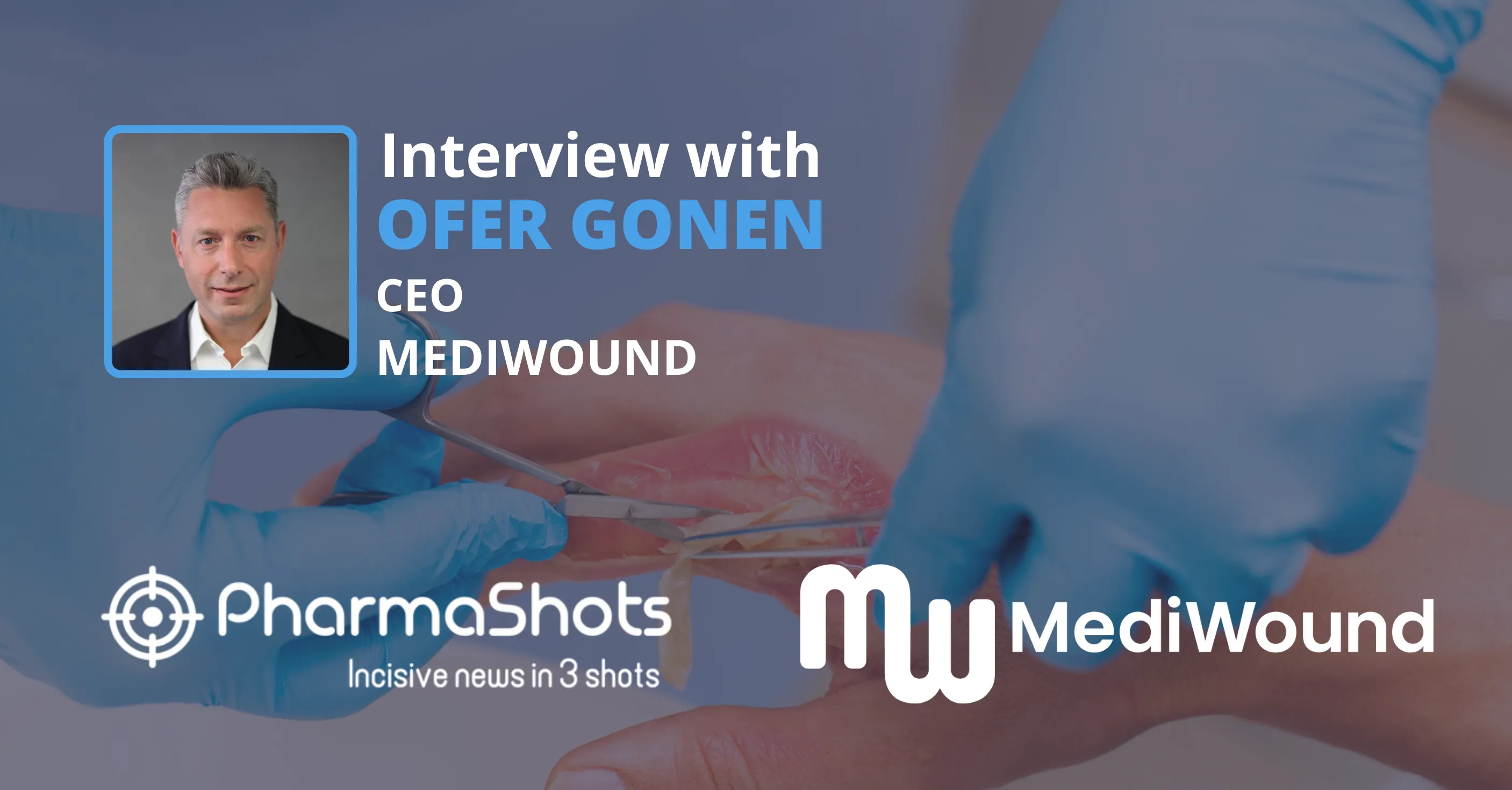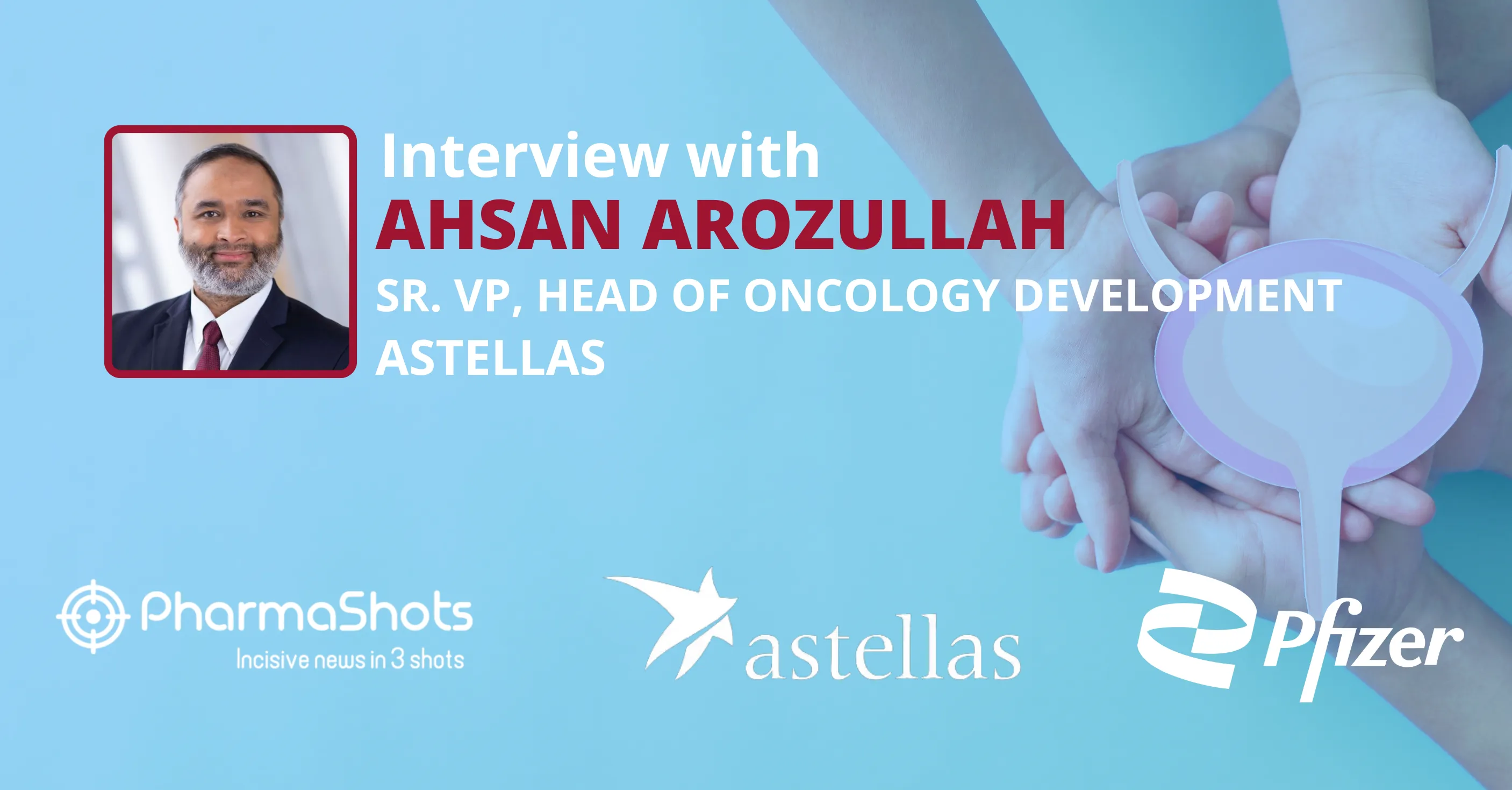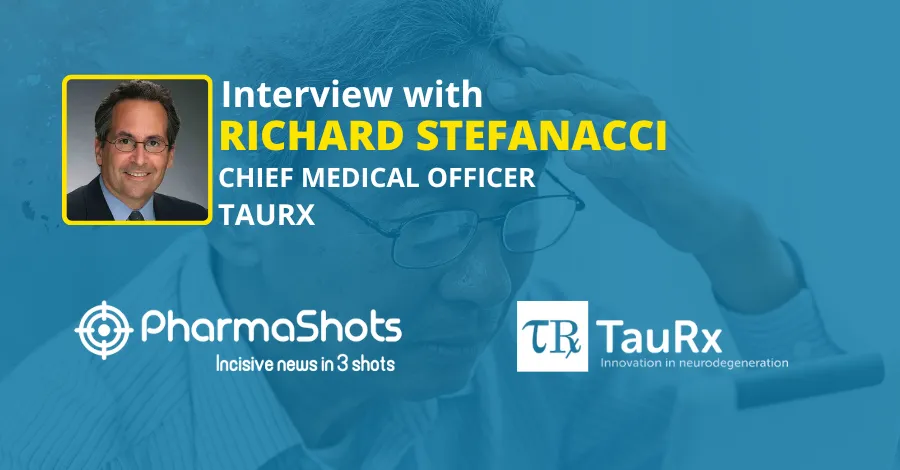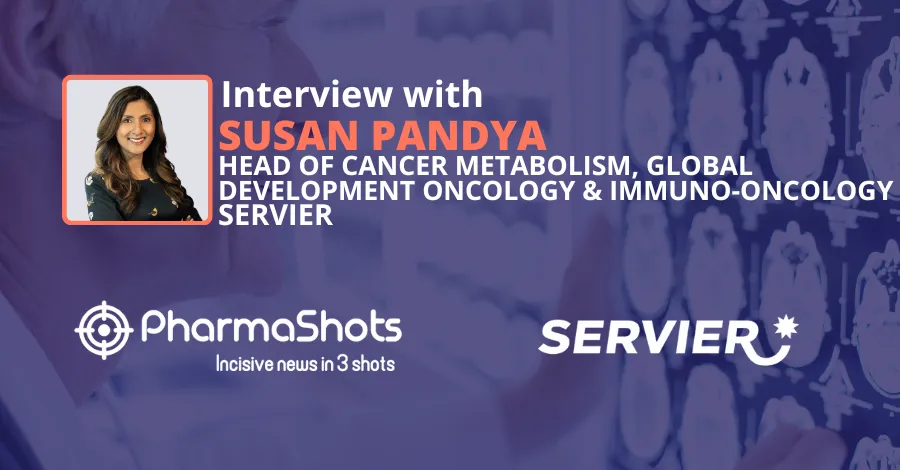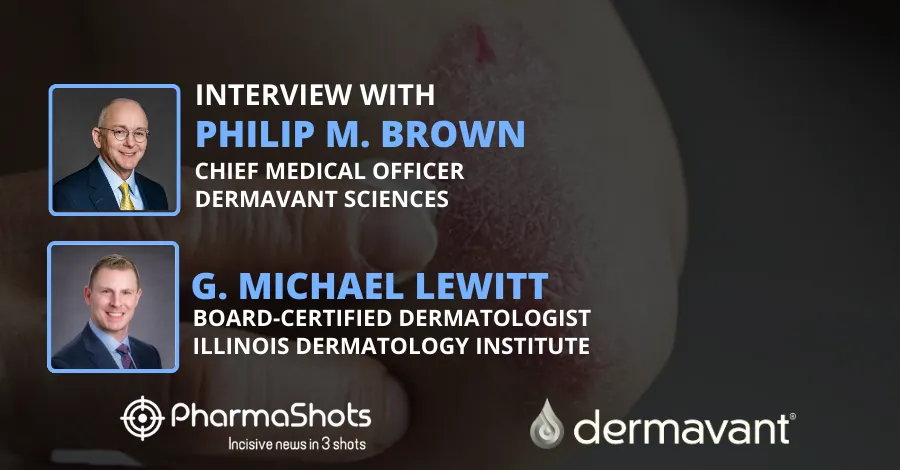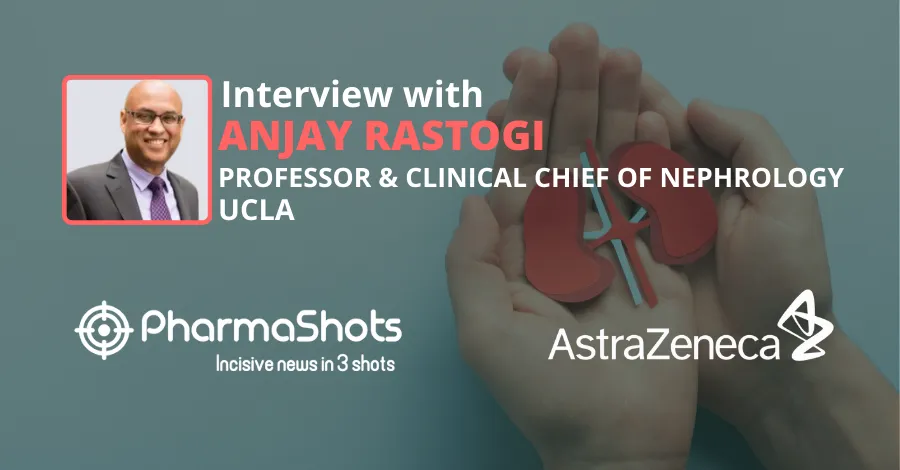
PharmaShots Interview: Paige's CEO, Leo Grady Shares Insights on its Series B Funding and the FDA's 510(k) Clearance for FullFocus Viewer
Paige is a global digital pathology founded in 2017 by Thomas Fuchs, Dr. Sc., and colleagues from Memorial Sloan Kettering Cancer Center. The company involves computational pathology products that are targeted for patients and their care teams for effective, more informed treatment decisions. Paige has developed a platform to deliver novel technology to pathologists to transform their workflow and increase diagnostic confidence and productivity.
On Jul 21, 2020 Paige received the US FDA's 510(k) clearance for its FullFocus Viewer to use in digital pathology. Also in 2019, Paige received the FDA's Breakthrough Designation for its artificial intelligence technology to diagnose cancer and started its AI diagnosis with Prostate Cancer. Leo mentioned the utilization of Series B funding of $95M to "Grow, the additional funding will help us continue our work to bring our computational pathology solutions to the market that requires growing our team, building additional biopharma partnerships, building a body of evidence to support our offering, and continuing to deliver our platform to clinical use."
Prostate cancer is only the beginning of our work. We are also working on other cancers, including breast and bladder to name a few.
Tuba: How has your journey been so far? Can you talk about the growth of PAIGE since 2017?
Leo: The journey so far has been both relentless and rewarding. We have come such a long way in such a short amount of time. Paige was born out of Memorial Sloan Kettering - the top cancer care center in the world and spun out to commercialize the tech for a more widespread global impact. In doing so, we received approval to use MSK's pathology slides to generate novel information from them. Right now, we have over 1.5M slides and add about 100,000 new slides per month. We are proud to say we are the first digital pathology company to receive a breakthrough device designation from the FDA, giving us the approval to expedite the development. We also received a CE mark for our computational diagnostic device in prostate cancer. We put some significant building blocks in place to bring our technology to market, where it will have the most impact.
Tuba: Can you please briefly tell me about your tools? How will these be helpful to society?
Leo: Paige created a platform to give pathologists increased diagnostic confidence so they can arrive at accurate diagnoses for patients efficiently. It can also accelerate new biomarker discovery and generate new insights from the tissue. The applications are designed to relieve pathologists overburdened with the volume of cases, empower biopharma researchers searching for previously unidentified biomarkers, and help patients and care teams receive a quicker, accurate diagnosis that can help them better decide amongst their treatment options.
Tuba: What does Paige plan to do with the new funding?
Leo: Grow. The additional funding helps us continue our work to bring our computational pathology solutions to the market. That requires growing our team, building additional biopharma partnerships, building a body of evidence to support our offering, and continuing to deliver our platform to clinical use.
Tuba: What is Paige planning to do to push pathology into the digital era?
Leo: Paige is already pushing pathology into the next generation. We are taking a comprehensive approach to space. First, we are leveraging millions of images of tissue slides to give more information to pathologists within their diagnostic process and biopharma in their development endeavors. Second, to drive adoption, we are building our platform with an eye towards intuitive user experience and minimizing IT burden. Combined, our platform and our computational pathology offering stand to bring significant value to our customers.
Tuba: What are some of the pain points you've had to overcome in doing so?
Leo: I would not call them pain points, but as a new company in the space, we need to generate a body of evidence around our platform and our computational pathology solutions. We have partnered with top institutions around the world to do this and have recently published multiple papers at ASCO and in Modern Pathology, which have been very well received.
Tuba: How does Paige's technology work, and how does it benefit pathologists, Pharma, and cancer patients?
Leo: We deliver advanced computational solutions for pathologists, oncologists, and the R&D community worldwide, while also working closely with biopharma companies to create custom biomarkers to improve patient care. All of this is possible because of three key assets that Paige and our founders and collaborators at Memorial Sloan Kettering have built over the past decade. The first two are how we build our computational products: platinum-grade data and our proprietary Machine Learning development pipeline.
The foundation is our proprietary machine-learning techniques, which leverage the vast amounts of data and require no pixel-wise annotations to generate best-in-class performance. Then, once we have systems that understand cancer morphology, we can fine-tune them with far smaller datasets, like the data coming from clinical trials.
The third is the platform that I mentioned above. There is a big difference between building an algorithm and building a medical device that is easy to use and is valuable in-patient care. Our platform allows us to build products and workflows around our best-in-class computational pathology systems and deliver them globally to where they are needed most.
Tuba: As PAIGE received the FDA's Breakthrough Designation in 2019 and started their AI diagnosis with Prostate Cancer, are you planning to expand the AI diagnosis in other indications also?
Leo: Prostate cancer is only the beginning of our work. We are also working on other cancers, including breast and bladder to name a few.
Tuba: What do you foresee your go-to-market strategy to be?
Leo: Paige licenses diagnostic software to hospitals and clinical laboratories while providing custom services to the biopharma industry.
We work with the biopharma industry to build digital diagnostic solutions as well as tools that can be used in the many phases of drug development and clinical trials in which pathology plays a pivotal role. Revenue coming from these partnerships are bespoke, as each of these projects has different timelines and scope.
On the clinical side, Paige offers state-of-the-art diagnostic software via software-as-a-service (SaaS) subscriptions. These subscriptions can be structured on a per-case or per-user bundle basis. The offering includes AI-powered digital diagnostics solutions, delivered via the Paige Platform (including the FDA cleared, CE-marked viewer).
Tuba: Do you have competition in this space? Who are they, and how does Paige's product have the edge over them in your viewpoint?
Leo: There are certainly other clinical and pharma focused competitors in digital pathology. Paige is uniquely positioned to bring computational pathology to scale across multiple cancers and biomarkers. Our diagnostic software is derived from millions of slides from one of the best cancer research hospitals in the world. This database is unparalleled. We also leverage a decade of research and development conducted at Memorial Sloan Kettering as well as an experienced leadership team with a proven track record in building and commercializing digital diagnostic technologies in other spaces.
Tuba: When can we expect this to be available for commercial use?
Leo: We are very committed to bringing our technology for commercial use so patients and their care teams can make faster, more informed treatment decisions. The first step has been getting our platform ready for prime time and cleared for primary diagnosis, which we have achieved in the US and Europe. Then, we got the first CE mark for a computational pathology product with Paige Prostate, which also earned FDA breakthrough designation and we are working on getting cleared in the US. Additional functionality and other cancer suites will follow shortly.
Related Post: Paige Receives the US FDA's 510(k) Clearance for its FullFocus Viewer to Use in Digital Pathology
Tags

This content piece was prepared by our former Senior Editor. She had expertise in life science research and was an avid reader. For any query reach out to us at connect@pharmashots.com



